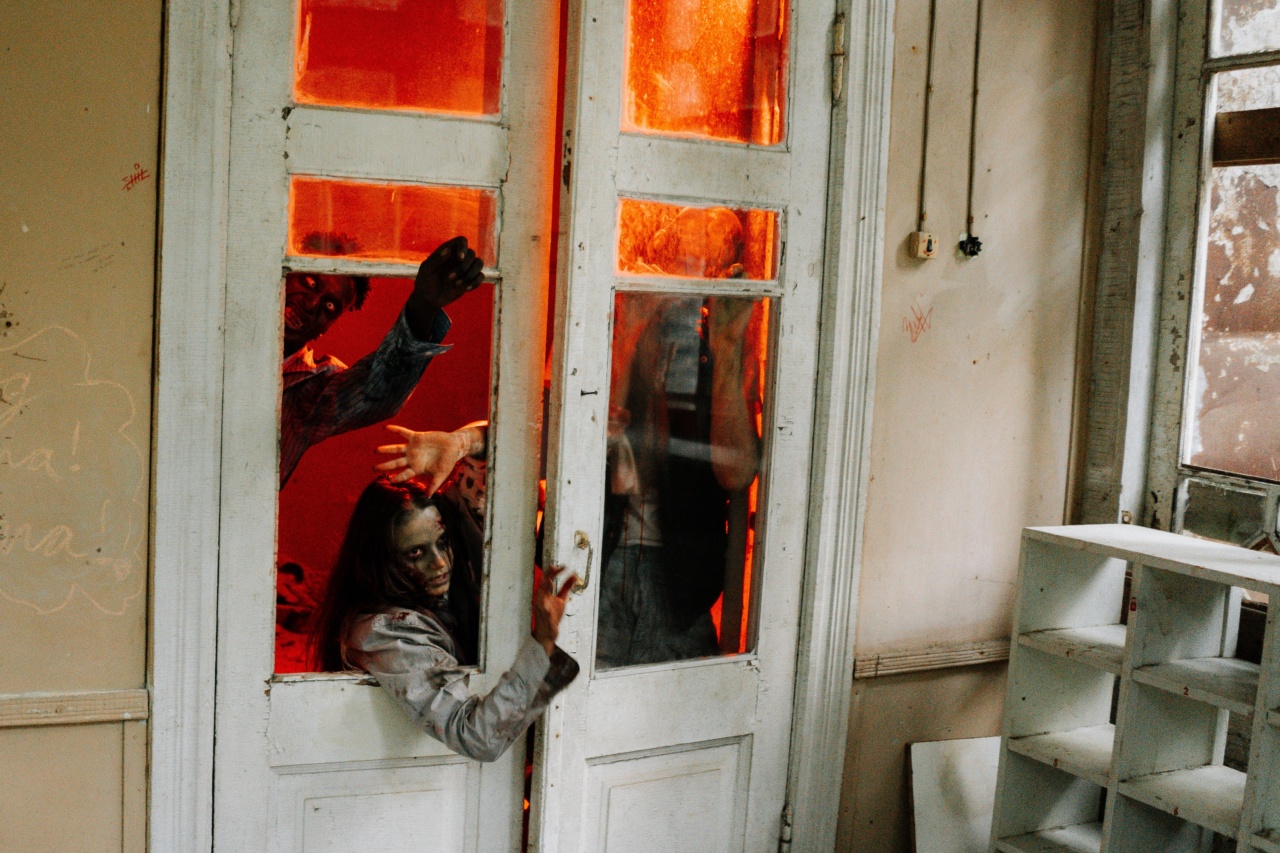According to a recent study, an alarming number of Americans have been categorized as the ‘living dead’ – individuals who are chronically sleep-deprived and struggling with various health and psychological issues.
This growing epidemic, often overlooked, is posing significant risks to both individuals and society as a whole. In this article, we delve into the horrifying reality of the zombie nation and the concerning consequences that stem from our sleep-deprived lifestyles.
The Sleep Crisis Unveiled
It’s no secret that sleep is essential for our overall well-being. However, a staggering one-third of Americans are lacking the necessary restorative sleep each night, leaving them akin to the fictional zombies roaming the earth.
This sleep crisis has severe implications for both physical and mental health, as well as society in general.
The Physical Toll of Sleep Deprivation
The ramifications of insufficient sleep go far beyond a mere feeling of exhaustion. The physical toll of sleep deprivation is extensive and plays a vital role in the development of numerous health issues.
Lack of sleep is closely linked to obesity, diabetes, heart disease, weakened immune systems, and even a decreased life expectancy. As more and more Americans succumb to sleepless nights, the overall health of the nation is being critically compromised.
Sleep Loss and Mental Health
While the physical implications of sleep deprivation are alarming, the toll on mental health is equally distressing.
Studies have consistently shown a close connection between inadequate sleep and various mental health disorders, including depression, anxiety, and even suicidal thoughts. Sleep is essential for cognitive function, memory consolidation, and emotional regulation. In the absence of sufficient sleep, individuals become more prone to mood swings, impaired concentration, and an overall decline in mental well-being.
Modern Lifestyles and Sleep Deprivation
The rise of the zombie nation can largely be attributed to modern lifestyles and the constant demands we face.
The ever-increasing reliance on technology, long working hours, excessive screen time, and a culture that glorifies busyness all contribute to our sleep crisis. As a society, we have become so accustomed to prioritizing productivity over rest that we have forgotten the crucial role sleep plays in our overall success and happiness.
The Economic Impact of Sleeplessness
The consequences of the sleep crisis extend beyond individual well-being and extend to the economic front. A sleep-deprived workforce is a less efficient one, leading to decreased productivity and higher absenteeism rates.
According to estimates, the economic cost of insufficient sleep runs in the billions each year in terms of lost productivity and increased healthcare expenses. Additionally, accidents in various sectors, such as transportation and healthcare, can be attributed to fatigue-related errors caused by inadequate sleep.
Combatting the Zombie Nation
While the situation may seem dire, there is hope in combatting the zombie nation and reclaiming our sleep.
Education and awareness campaigns are crucial in highlighting the importance of sufficient sleep and dispelling the notion that sleep is a luxury rather than a necessity. Employers can also play a vital role by implementing policies that promote work-life balance, discourage overworking, and emphasize the importance of rest.
On an individual level, adopting healthy sleep habits, creating a nighttime routine, and prioritizing regular sleep schedules are necessary steps to break free from the chains of sleep deprivation.
The Role of Technology in Sleep Health
Ironically, technology, which has contributed significantly to our sleep crisis, can also play a positive role in improving sleep health.
The development of sleep-tracking devices and apps grants individuals the ability to monitor their sleep patterns and make informed lifestyle changes. Additionally, advancements in sleep medicine and cognitive behavioral therapy for insomnia offer promising solutions for those grappling with chronic sleep issues.
The Ripple Effect on Society
Addressing the sleep crisis is not just a matter of individual well-being but a societal concern. A rested and thriving population contributes to a safer, more productive, and happier society as a whole.
By prioritizing sleep and making efforts to create environments that encourage healthy sleep practices, we can break free from the grasp of the zombie nation and ensure a brighter future for everyone.





























